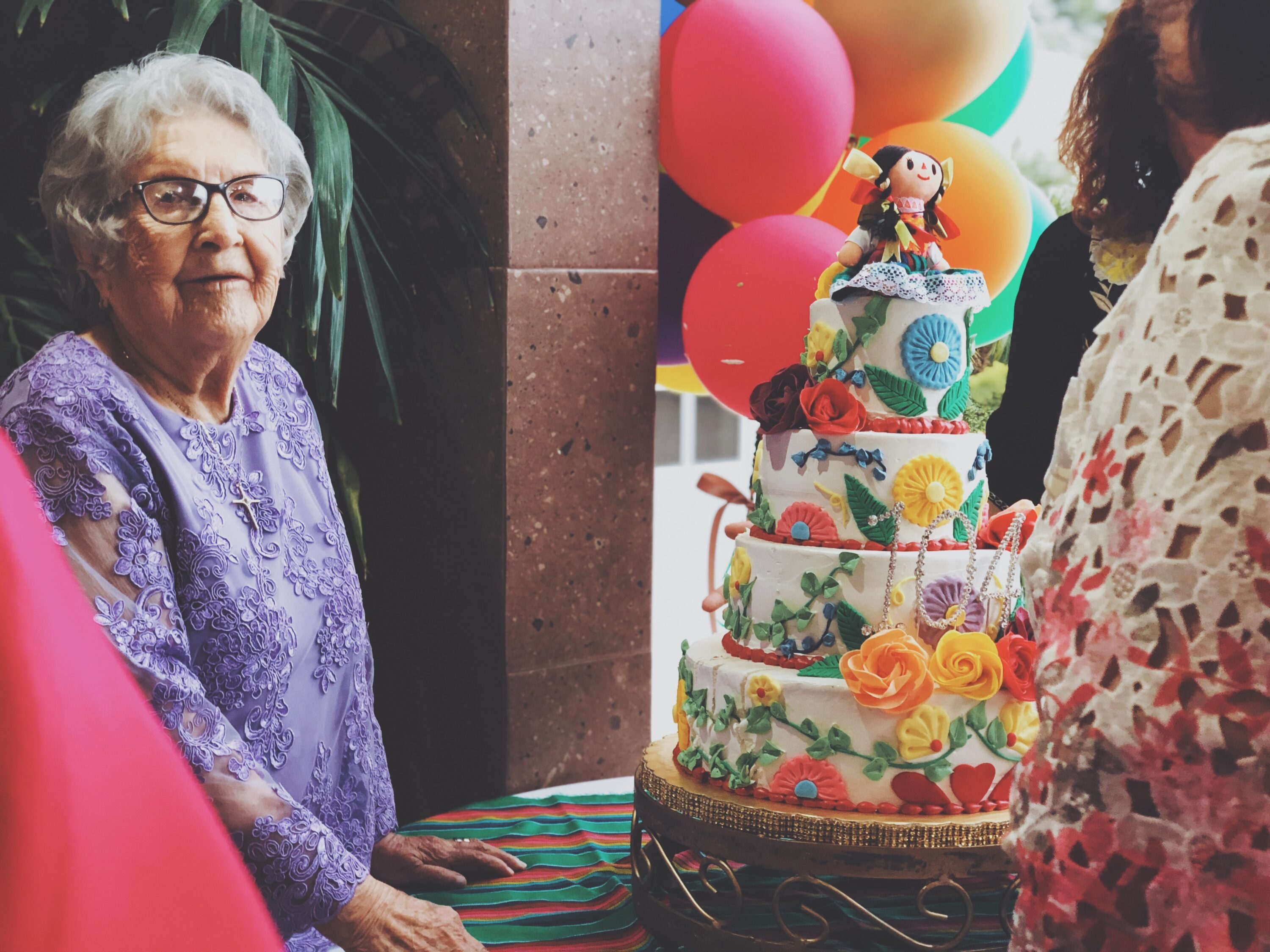Reaching the age of 90 or older, was more likely for women who maintained their body weight after age 60, according to a multi-institutional study led by UC San Diego researchers published Tuesday.
The likelihood of Reaching 90, 95 or 100 — known as exceptional longevity — was increased by 1.2 to 2 times by older women who maintain a stable weight compared to those who lost 5% of their bodyweight or more, according to the study.
The report was published in Tuesday’s online issue of the Journal of Gerontology: Medical Sciences, which “investigated the associations of weight changes later in life with exceptional longevity” among 54,437 women who enrolled in the Women’s Health Initiative described as a prospective study investigating causes of chronic diseases among postmenopausal women.
Throughout the follow up period, 30,647, or 56% of the participants, survived to the age of 90 or beyond, the study showed.
“It is very common for older women in the United States to experience overweight or obesity with a body mass index range of 25 to 35. Our findings support stable weight as a goal for longevity in older women,” said first author Aladdin H. Shadyab, associate professor at the Herbert Wertheim School of Public Health and Human Longevity Science at UCSD.
“If aging women find themselves losing weight when they are not trying to lose weight, this could be a warning sign of ill health and a predictor of decreased longevity,” he said.
According to the study, women who lost at least 5% weight were less likely to achieve longevity compared to those who achieved stable weight. For example, women who unintentionally lost weight were 51% less likely to survive to the age of 90. On the other hand, gaining 5% or more weight, compared to stable weight, was not associated with exceptional longevity.
The findings “suggest that general recommendations for weight loss in older women may not help them live longer,” the authors wrote. Nevertheless, the authors caution that women should heed medical advice if moderate weight loss is recommended to improve their health or quality of life.







